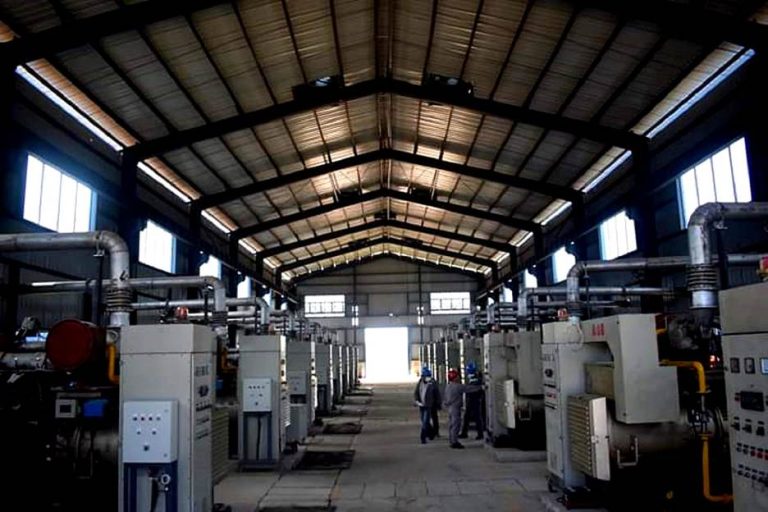China’s Grip Tightens: Top 10 African Countries Owe Over $120 Billion Amid Rising Debt and Sovereignty Concerns
China’s expanding footprint across Africa is now marked not just by highways, railways, and power plants—but by a mounting $120 billion debt burden shouldered by the continent’s top ten borrowers.
According to data from Boston University’s Global Development Policy Centre, China has emerged as Africa’s largest bilateral creditor, reshaping the continent’s development path through aggressive infrastructure financing and strategic diplomacy.
Leading the pack is Angola, which owes Beijing a staggering $46 billion, followed by Ethiopia with $14.5 billion, and Egypt at $9.7 billion. Kenya and Nigeria are tied for the fourth and fifth positions, each holding $9.6 billion in Chinese debt. The rest of the list includes Zambia ($9.5B), South Africa ($6.9B), Sudan ($6.3B), Ghana ($6.1B), and Cameroon ($5.9B).
These debts largely stem from China’s flagship Belt and Road Initiative, which has fueled massive investments across Africa’s transport, energy, and telecommunications sectors.
While these projects have visibly bridged infrastructure gaps and accelerated growth in key areas, they come at a steep price—both financially and politically.
Critics have raised red flags over opaque loan agreements, potential resource-backed repayments, and fears of national asset takeovers if countries default. In some instances, more than 50% of national revenue is now being used to service debt, raising questions about long-term sustainability and economic sovereignty.
China’s lending model, which emphasises speed and scale over governance or democratic reforms, contrasts sharply with Western lenders who demand higher levels of transparency and accountability. This “no-strings-attached” approach has made Chinese financing attractive but risky—especially for countries already struggling with weak fiscal buffers.
With global geopolitics shifting, analysts are urging African leaders to diversify their funding sources, invest in revenue-generating infrastructure, and most importantly, disclose loan terms to avoid mortgaging the continent’s future.
As China cements its role as Africa’s most influential development partner, the challenge for African governments is clear: balance urgent infrastructure needs with financial sustainability, national autonomy, and transparent governance. The choices made today will determine whether Chinese-backed growth leads to prosperity—or dependency.



